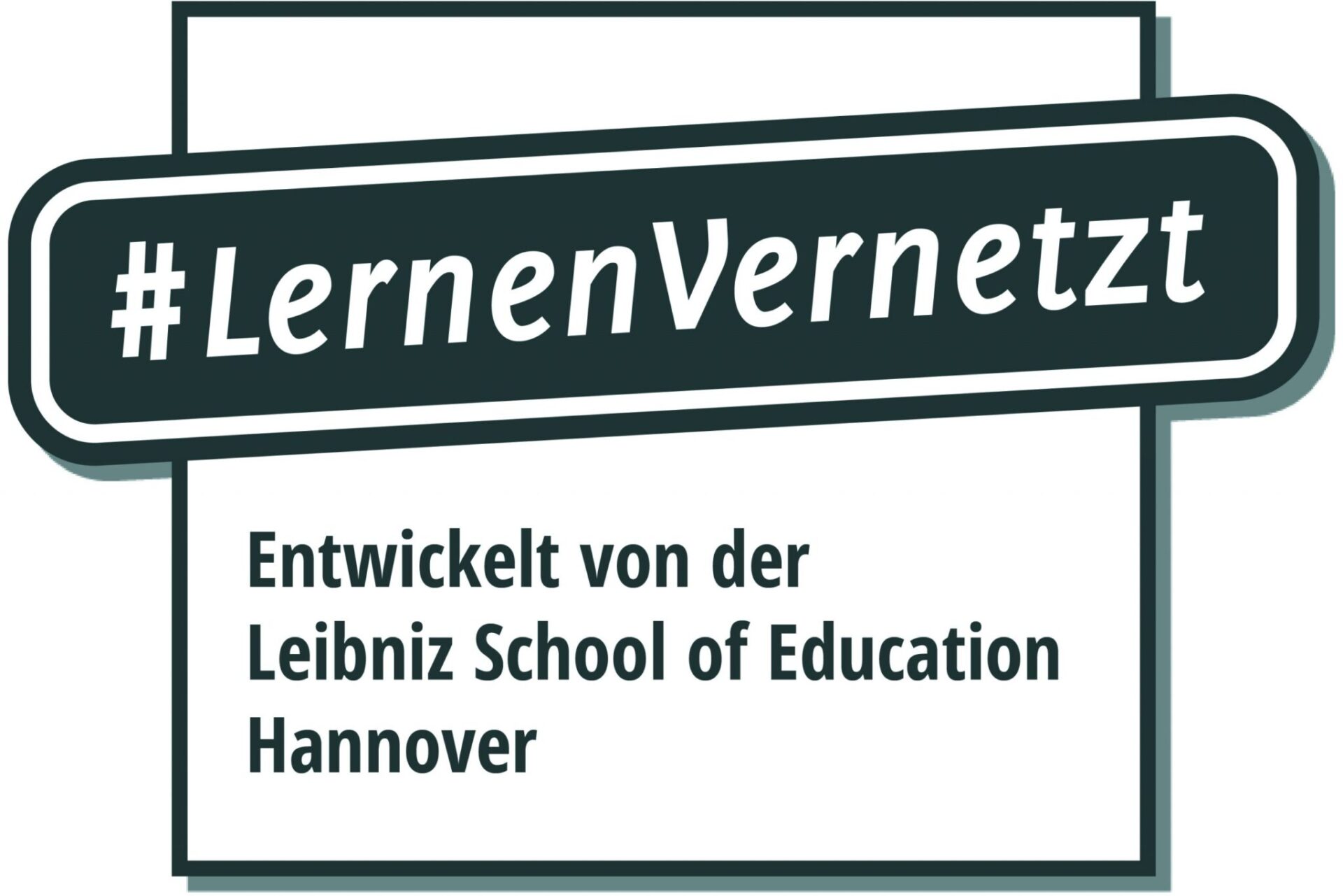Foto: ©TimKvonEnd – pixabay.com
Mastering digital teaching and learning together
Since April 2020, the practical project #LernenVernetzt, initiated by the Leibniz School of Education (LSE) and the Institute of Educational Science, has been in place at Leibniz Universität Hannover. What began as an initiative and reaction to the Covid-19-related school closures (see Binaire 2/2020) has been continued as a project and voluntary offer for student teachers since the 2020/2021 school year. #LernenVernetzt has three goals: First, to accompany students individually in their learning processes and to counteract impending educational inequalities in a compensatory manner through digital support measures; second, to support teachers in implementing the requirements associated with learning at home; third, to offer (student) teachers the opportunity to acquire core competencies for teaching in a digital world – in a learning environment that combines theory and practice in a novel way. With this goal in mind, the original idea quickly evolved into a comprehensive, interdisciplinary project. Stakeholders from schools and universities work together across disciplinary and institutional boundaries, closely aligning themselves with the needs of teachers and students. Within a very short time, #LernenVernetzt has used existing cooperative structures within and outside the university to solve a range of issues related to data protection and technology in an unbureaucratic manner.
One of these collaborations was initiated by L3S Director Prof. Dr. Wolfgang Nejdl: In #LernenVernetztInformatik, L3S staff members Dr. Ivana Marenzi, Eleni Ilkou and Dr. Maurice Chandoo addressed the numerous questions surrounding IT infrastructure in schools. In the exchange with representatives of the Quality Network of Integrated Comprehensive Schools (Q-IGS), it also quickly became clear that students of teaching and computer science should work together with teachers in an interdisciplinary team to develop didactically sound as well as technologically innovative projects and digital learning arrangements for the classroom. For example, computer science students – in part together with student teachers – have developed modules for the introduction of iPads for teachers and students, created digital picture books, developed podcasts with students as a differentiation offer in mathematics lessons, and made school-based teaching-learning platforms usable for online-based learning level checks.
The collaboration of computer science and teaching students in #LernenVernetzt shows: Where institutions and disciplines work together in a co-constructive, committed and solidary manner, innovative projects are created to master the challenges of digital teaching and learning under difficult conditions.
By the end of March 2021, a total of 202 students had engaged in #LernenVernetzt, which was placed with 111 teachers at 83 comprehensive, grammar, vocational, elementary and special schools. In November 2020, the #LernenVernetzt team of the Leibniz School of Education was awarded the Lower Saxony Science Prize in the category “Special Prize for Cooperative Innovations in Digital Teaching”.
Contact
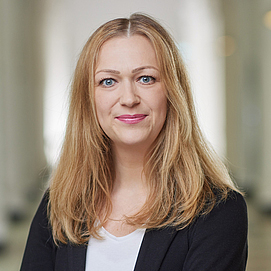
Sarah Fox, M. Ed.
Sarah Fox is a staff member at the Leibniz School of Education (LSE). She is an instructor for work-based practice and part of the #LearningNetwork team.
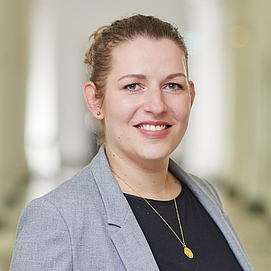
Alexandra Krüger, M. Ed.
Alexandra Krüger is a research associate at the Leibniz School of Education. She is part of the #LernenVernetzt team and also coordinates field of action 3 of the QLB project Leibniz Principle. She also leads the peer mentoring program for student teachers at LSE.
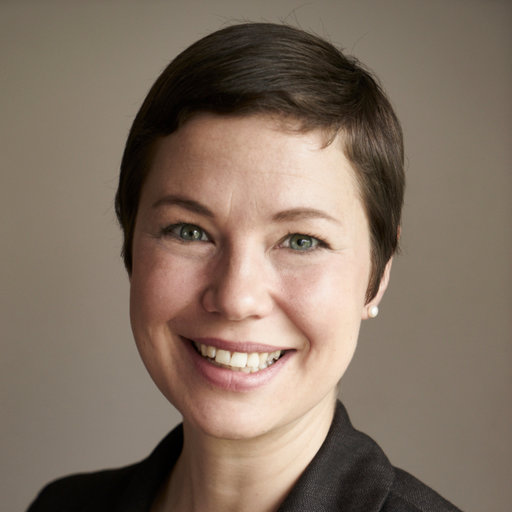
Prof. Dr. Katharina Müller
Katharina Müller is head of the Department of School Education with a focus on teaching-learning research at the Institute of Educational Science at Leibniz Universität Hannover. She is part of the #LernenVernetzt team and Director of Studies and Teaching at the LSE.
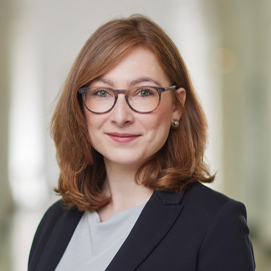
Helene Pachale, M. Ed.
Helene Pachale is a research assistant at the Romance Seminar and at the LSE. She is part of the #LernenVernetzt team and is also working on the reorientation of the content and structure of the subject internship in Spanish as part of the QLB project Leibniz Principle.


